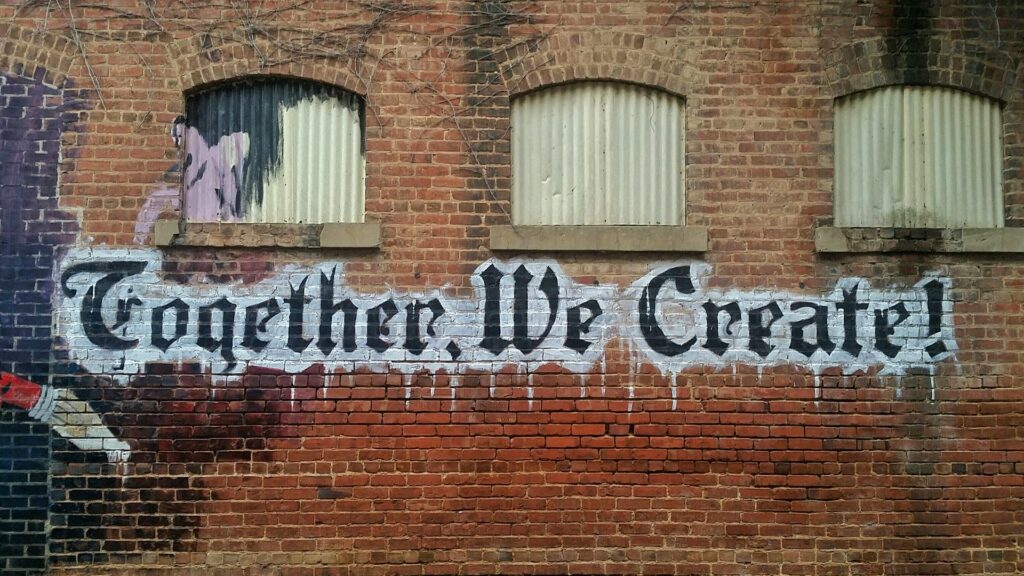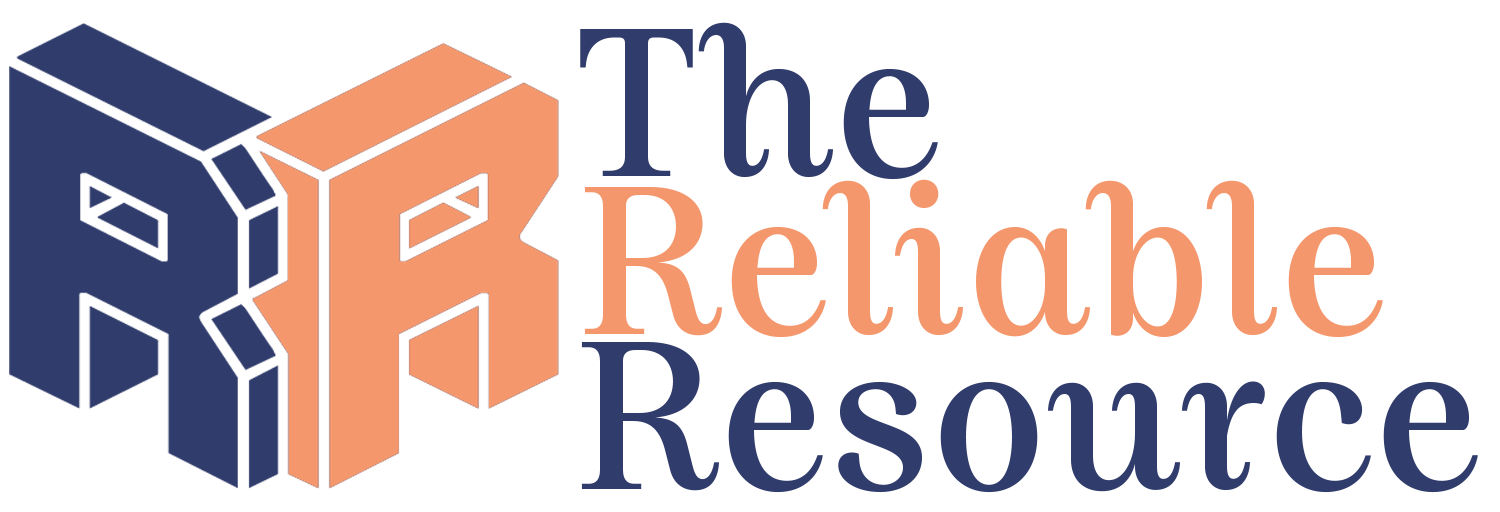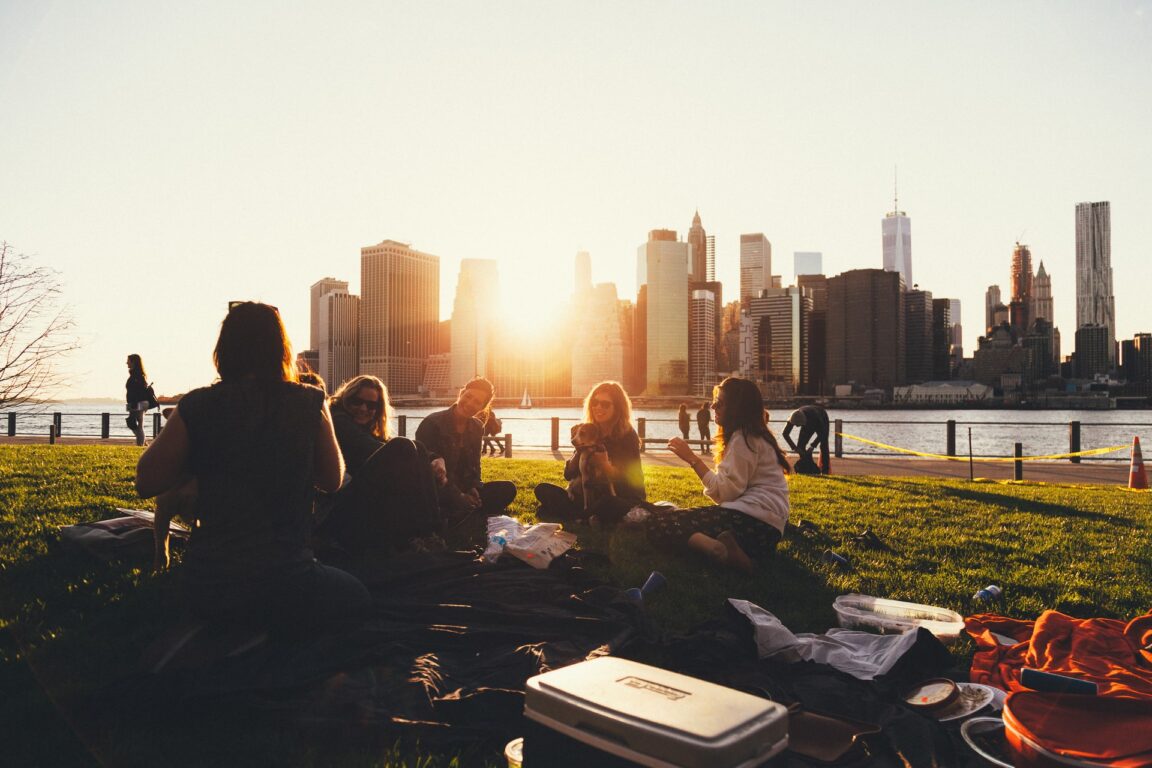Community Matters. When I was eighteen and sitting in a classroom, my professor asked the age-old question, “What did you want to be when you grew up?” As my classmates started to recount their dreams of making it big in showbusiness or winning a Nobel Prize, I subconsciously raised my hand and declared, “I wanted to be a good friend.”
As a kid who grew up with few friends and even fewer friends of value, I yearned for closeness and a place where I felt I belonged. Simple acquaintances would not suffice. What my soul was craving was a group of people where I knew I could bare every burden, every secret, every scar, and then turn around and laugh with at the drop of a hat. I wanted a friend group where I could breathe easy and not be concerned with appearances or keeping up the façade of having my life together – because most of the time, I did not feel like I did.
I was craving community.

The Need for Community
Big deal, you may be thinking. Everyone is craving community. What do you think makes your search for community so special?
Well, friend, I am so glad you asked. My simple answer is: nothing. There is nothing special about my quest for community. The craving for closeness and feeling understood is as intrinsic and instinctual as being able to breathe. Infants around six weeks of age are already scanning their surroundings for someone to form an attachment with and become increasingly selective with those attachments as they grow and develop (Mcleod, 2017). The strength or weakness of these attachments has a significant impact on the perceived security of the infant, and the effects of the learned attachment style follows the individual throughout their life. Someone who developed a secure attachment typically experiences higher levels of self-esteem and requires less external reassurance and affirmation.
While childhood experiences with primary caregivers holds a lot of weight in development, it is not the ultimate deciding factor in your later relationships. Having good, secure attachment with caregivers does not guarantee that you will be surrounded with an abundance of people who also want to engage in an authentic community and lacking that attachment does not guarantee that you will be unwilling or hesitant to engage in that same kind of community. Neither does it negate the need for those close connections.

The Loss of Community
Never in my life had I so clearly seen my own need for that community than after the first round of shutdowns due to COVID-19. Between the ages of eighteen and twenty-one, I had grown to develop a solid “squad” of close friends, who had walked with me through some of my lowest valleys all the way up to some of the most victorious mountaintop experiences. These loyal friends were present when I needed them the most and laughed with me every step of the way. Then, when news of the virus broke, everything went haywire. One of my best friends chose to go home to live with her parents for the sake of her health, and the rest of us would only see each other in passing or send a text a few times a week. We went from being this close-knit crew that saw each other two or three times a week to not seeing each other for months – and it took a toll on my mental health.
You see, while we did what we could to still communicate with each other through technology and were grateful that this happened in times when a message took three seconds to arrive on a device instead of three days by mail or messenger pigeon, it was not the same as being with each other. There is something special about being in the physical presence of another person, some level of comfort and security and belonging, that simply does not translate through a screen. The pandemic has been incredibly instructive to me, allowing me to realize how deep and intense that need for human connection is within us.
Invest in Community
So, if you are able, find a way to get together with a friend (following appropriate regulations). Randomly call someone within your community and ask the hard questions you know they will avoid if they are left by themselves. Listen. Spend that time with them. Cry with them.
Lean into your community and learn what it is to be a good friend. It’s an incredible, life-changing accomplishment.
References
Mcleod, S. (2017, February 5). Attachment Theory. https://www.simplypsychology.org/attachment.html.






